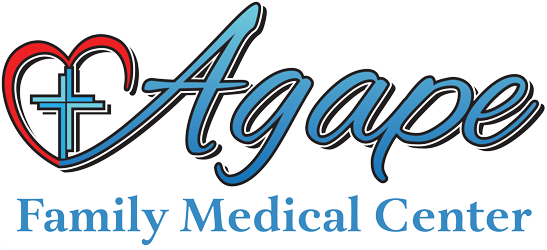When it comes to maintaining good heart health, prevention is key. One important tool in prevention is heart health screening tests. These tests can help identify potential risk factors for heart disease, allowing for early intervention and treatment. In this article, we’ll explore some of the most common heart health screening tests, what they entail, and what you need to know before getting tested.
- Blood pressure screening Blood pressure screening is a simple test that measures the force of your blood against the walls of your arteries. High blood pressure, or hypertension, is a major risk factor for heart disease, stroke, and other health problems. The test involves using a blood pressure cuff and stethoscope to measure your blood pressure. Normal blood pressure is typically around 120/80 mm Hg, but optimal blood pressure can vary depending on age, health status, and other factors.
- Cholesterol screening: Cholesterol screening tests measure your cholesterol levels, including total cholesterol, LDL (bad) cholesterol, HDL (good) cholesterol, and triglycerides. High levels of LDL cholesterol and triglycerides can increase your risk of heart disease, while high levels of HDL cholesterol can lower your risk. The test typically involves a blood draw, and fasting may be required before the test.
- Electrocardiogram (ECG or EKG): An electrocardiogram is a test that measures the electrical activity of your heart. It can help identify irregular heart rhythms, which can increase your risk of heart disease and stroke. The test involves placing electrodes on your chest, arms, and legs, which are connected to a machine that records your heart’s electrical activity. The test is painless and non-invasive.
- Stress test: A stress test, also known as an exercise stress test, measures how well your heart responds to physical activity. It can help identify potential blockages in your arteries and evaluate your overall heart health. During the test, you’ll be asked to walk on a treadmill or ride a stationary bike while your heart rate and blood pressure are monitored.
- Calcium scoring: Calcium scoring is a non-invasive imaging test that measures the amount of calcium in your heart’s arteries. The test can help identify the presence of plaque buildup, which can increase your risk of heart disease and stroke. The test involves a CT scan, and no special preparation is required.
Heart health screening tests are an important tool in maintaining good heart health. By identifying potential risk factors for heart disease early on, you can take steps to reduce your risk and improve your overall health. If you have any concerns about your heart health, talk to your doctor about which screening tests are right for you.




